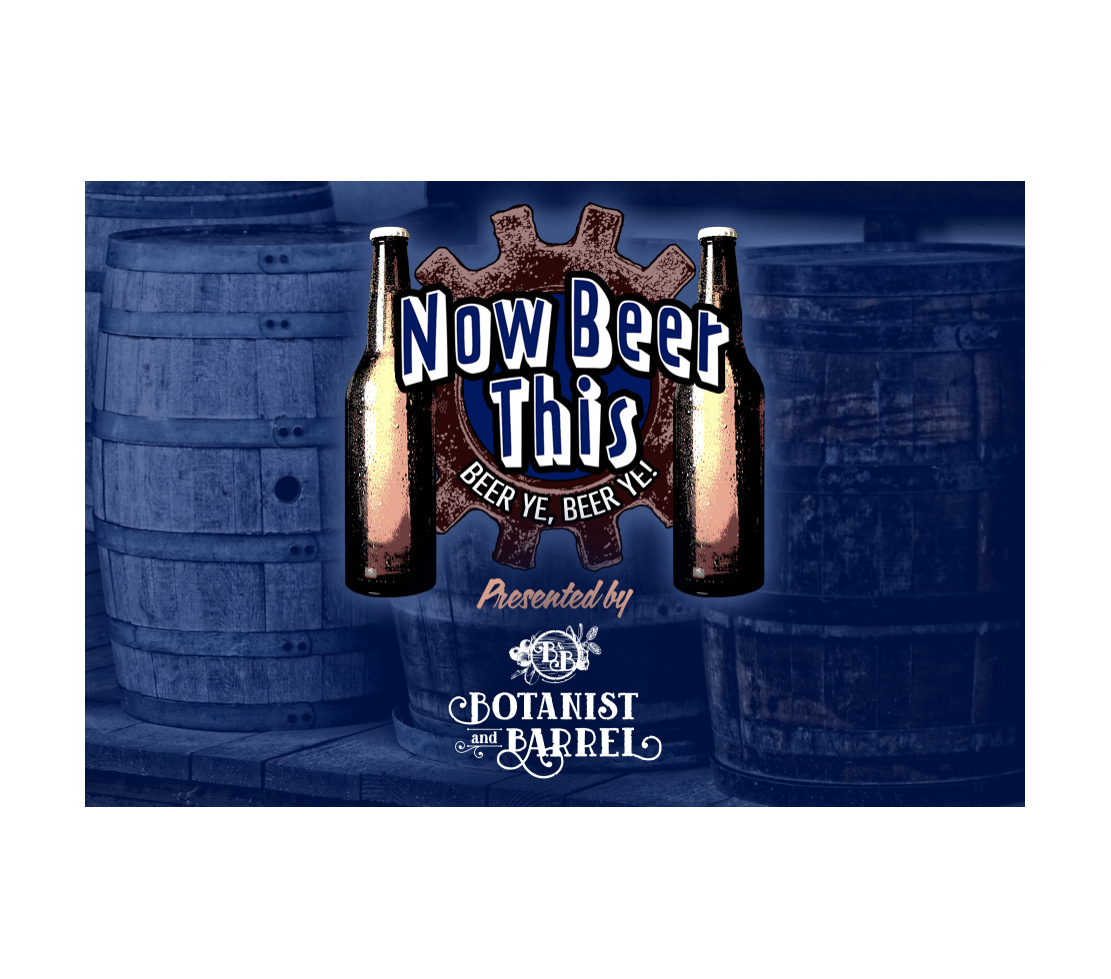Homebrewing is a fantastic hobby. It’s part science, so it’s intellectually stimulating. It’s part art ,so you can express yourself with it. And, at the end of the day, you can get drunk from your product. Hard to beat that kinda side hustle!
But maybe you’ve been a bit hesitant to start up, because of some fears that you’ll waste a lot of time and money and screw everything up. All of those are very probable, but don’t let any of that stop you! If dudes can spend thousands of bucks and several decades on golf, you can spend a few hundred bucks and a few hours making some passable (or maybe even exquisite!) beers. Remember: for every screw up you make, that just makes your next product more likely to work out. You either win or you learn.
For those of you thinking of starting to homebrew, it might be a good idea to get a quick list of common mistakes. Why learn from your own mistakes when you can learn from someone else’s? So, check these out:
- Clean and Sanitize your equipment
This is the number one thing people do wrong. If you ask any professional brewer, they’ll tell you that cleaning is probably the most important thing that they’re ultimately responsible for. Yes, maybe they’re lucky enough to have an intern do it, but even so, cleaning is critical to the success of your brews, so it’s important to take responsibility for it. Most importantly, take extra care to remember this is a two-part process: you clean and you sanitize. These are not the same thing. Cleaning gets the stuff off of your equipment. Sanitizing creates a safe environment for your yeast to do their thing without other unwanted stuff taking off. If you want to make accident sours, be my guest, but I don’t. Get some good products, toss in some elbow grease, clean AND sanitize yo’ mess.
- Proper Storage of Ingredients
When you first start out, you might have a homebrew kit with all of your stuff handily included. That’s cool. But you may have lost control of the storage of your ingredients. Your yeast should always be refrigerated until your brew day. Your hops should preferably be frozen, or at least refrigerated for a short amount of time. If you’re using malt extract, even that can go bad if it’s too hot for too long. Just understand that the handling of your ingredients affects the final product. So if your first brew kit comes out kinda janky, that doesn’t mean you can’t brew; it’s more likely that your ingredients weren’t handled correctly before you were involved. If you’re stretching your boundaries and doing some all-grain stuff, the same principles apply. Keep your grain dry and vermin free until you crack, and once you crack, mash it up pretty soon thereafter. Treat your ingredients well and they’ll do the same for you.
- Numbers Matter
Brewing is very much like baking. If you follow the recipe, you should be fine. If you don’t, you damn well better know what you’re doing or you may end up with some trash. So until you have some more experience and knowledge of the brewing process, stick to the recipes. If they call for a certain weight of a certain ingredient, use that weight. Remember, too, that volume can vary somewhat depending on your measuring vessel, so if you have a weight alternative to the volume, use that (P.S. Get a bloody good scale). If it calls for a certain amount of hops at a certain time, do that much then. Your beer doesn’t care if you have an extra ounce of East Kent Goldings to use. Then again, sometimes some good beers come out of recipe tweaks. Just wait to learn when you can bend rules and when you can’t, then go after it.
- Take Notes
Brewing is awesome for many reasons, but one of the best reasons is making awesome beer. If you’re lucky enough to do that (and I bet you will be sooner than you think) then you’ll want to do that again, right? So take notes! During the process, you’ll want to simply follow the recipe and note when there are any variations. Maybe you were a degree or two off in your mash temp, or maybe a few minutes long in your sparge. Maybe your fermentation temp was a little high. Note these things in the process. If it comes out good, that gives you a target to aim for next time. If it doesn’t, it teaches you something to avoid.
If you start homebrewing, are you going to make mistakes? For sure! About a year ago (about 15 years into homebrewing) I forgot to dump the sanitizer out of my keg before I started racking my beer into the keg. Doh! You don’t want to drink beer that has a significant amount of phosphoric acid in it. We’re human and we’re going to screw stuff up. But if you just read some books and pay attention to the process (and don’t get TOO drunk during it) you’ll very soon be making some top notch beers that your buddies will be SOOOO jealous of. So never stop never stopping and get on out there and make yourself some brews!
Chapelboro.com does not charge subscription fees. You can support local journalism and our mission to serve the community. Contribute today – every single dollar matters.






